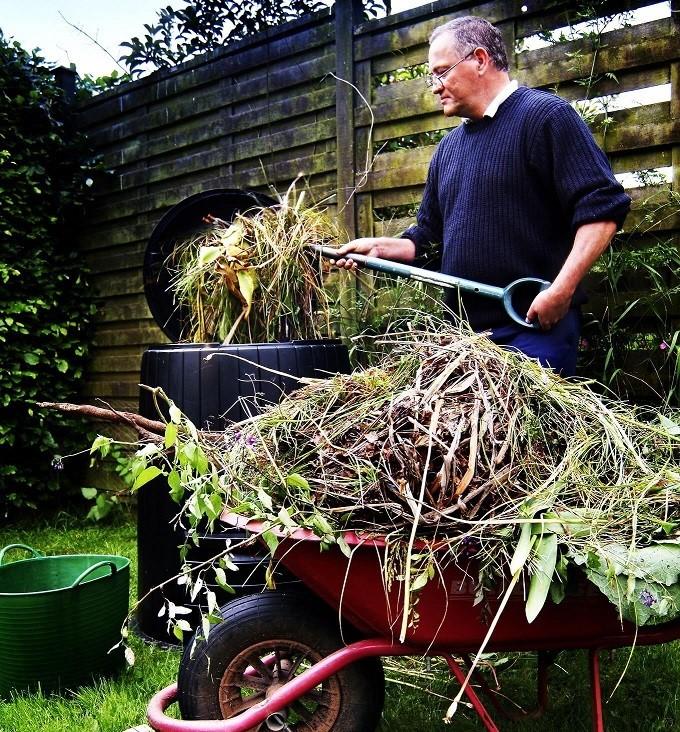Turn garden waste into garden gold

With gardening now at its peak residents in Barnsley, Doncaster and Rotherham are being urged to use all those cuttings and mowings to create free home compost.
P R E S S R E L E A S E
16 August 2024
Garden gold!
Every little helps when it comes to saving money so this summer why not turn your garden waste into garden gold!
With gardening now at its peak residents in Barnsley, Doncaster and Rotherham are being urged to use all those cuttings and mowings to create free home compost.
Waste experts from the BDR Renewi Waste Partnership have produced some helpful tips on how you can get started and benefit your plot and the environment.
Composting for just one year can save greenhouse gases equivalent to all the carbon dioxide produced by a kettle for one year, or a washing machine for three months.
So instead of throwing away your garden waste why not set up your own composter and be ready next spring to give your plants and vegetables a flying start for free!
Rebecca Wilson is from the Community Education Liaison team based at the award-winning BDR Waste Treatment Facility in Manvers which diverts 97 per cent of Barnsley, Doncaster, and Rotherham general household waste from landfill.
“We want to get residents composting at home as it puts our garden and food waste to good use. It helps to reduce waste, enriches the soil in our gardens which means healthier plants, saves you money and helps the climate by reducing greenhouse gases,” said Rebecca.
“Instead of throwing away cuttings why not compost them and turn them into plant food for next season. Setting up a compost bin is easy to do. If you would like to find out more about the different ways to compost your garden waste check out the Waste Less South Yorkshire website which contains lots of information and helpful tips.”
For more information visit the Waste Less South Yorkshire website at wasteless-sy.co.uk and campaign posts can also be found by searching #SouthYorkshireComposts on social media.
Plastic compost bins
Open-bottom plastic compost bins are the most popular way to compost. They can be bought in many DIY stores, garden centres and online.
Ideally compost bins should be placed on bare soil in a reasonably sunny area. If you have to compost on concrete or hard ground, place a layer of paper and twigs at the bottom to help worms and other creatures colonise the bin and help the composting process. Choose somewhere you can easily add ingredients to the bin and get the compost out.
Feed the compost bin with a 50/50 mixture of ‘brown’ and ‘green’ materials. Brown materials are carbon rich and provide structure to your compost. This includes eggshells, cereal boxes and toilet roll tubes, egg boxes and scrunched up thin cardboard.
Green materials are rich in nitrogen and provide your compost with moisture. This includes fruit waste, tea bags, cut flowers, and vegetable peelings. All these can be home composted but should not be placed in your garden waste bin.
There are many different methods of composting that can suit loads of different lifestyles including compost heaps, trench composting, bokashi composting and wormery composting. Some can be done indoors.
The waste treatment facility at Manvers processes around a quarter of a million tonnes of leftover waste a year from 345,000 homes across Barnsley, Doncaster, and Rotherham, turning it into useful products rather than sending it to landfill.
For further information contact Rebecca Wilson on 01709 761001 or rebecca.wilson@renewi.com.

